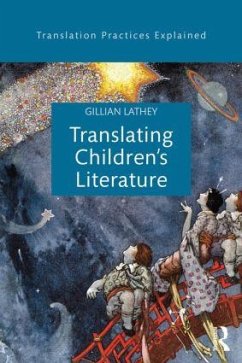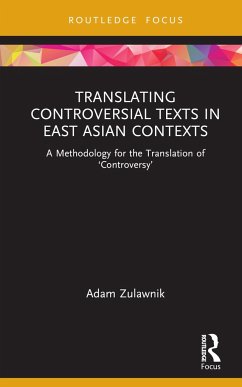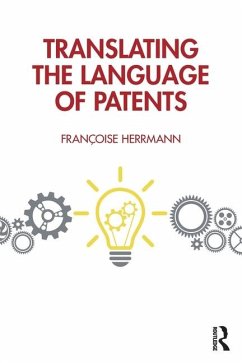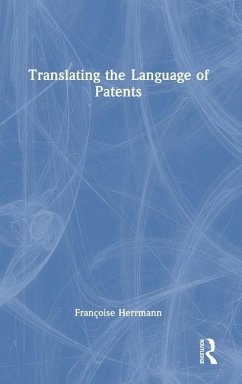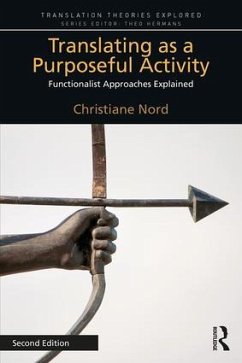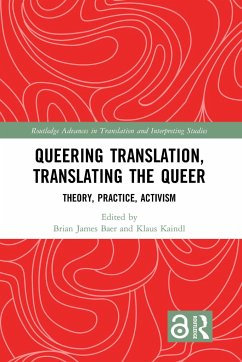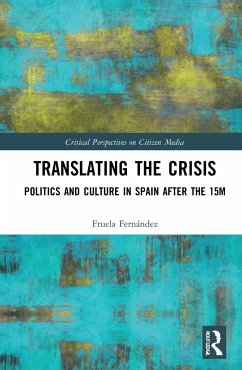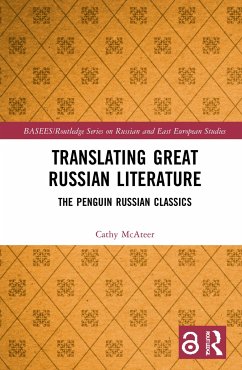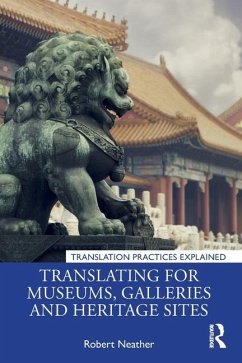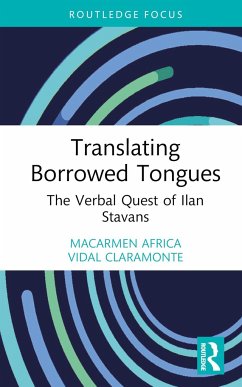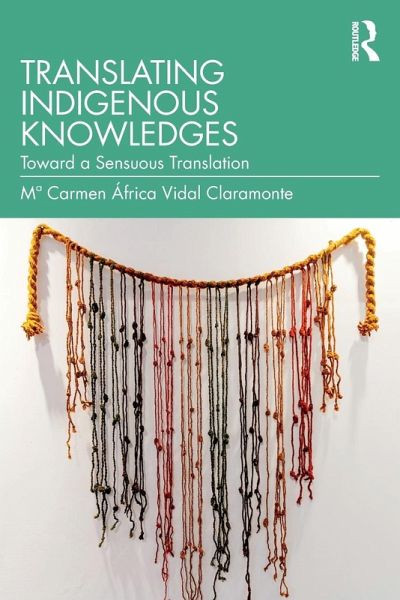
Translating Indigenous Knowledges
Toward a Sensuous Translation

PAYBACK Punkte
26 °P sammeln!
In this book, Vidal presents a new way of translating indigenous epistemologies. For centuries, the Western world has ordained what knowledge is, what it should be and has also been responsible for transmitting that knowledge. This â universalâ knowledge has traveled to the four corners of the globe,





